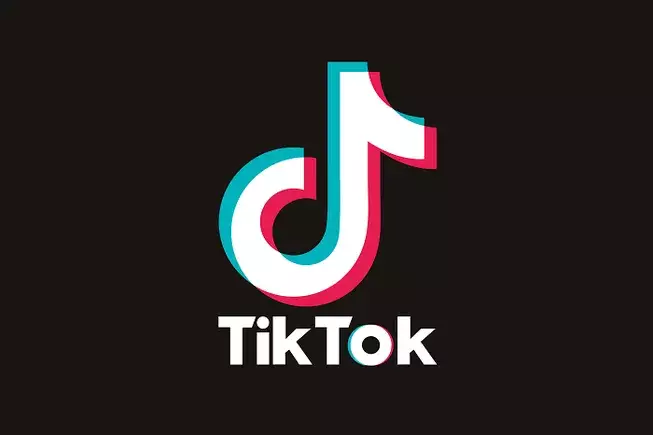In the evolving landscape of digital media and national security, the future of TikTok in the United States hangs in a delicate balance. As tensions between the U.S. government and foreign entities increase, pressure mounts on platforms like TikTok, which have come under scrutiny due to their parent company, ByteDance, being based in China. With U.S. Vice President J.D. Vance at the helm of negotiations, there is cautious optimism regarding a potential resolution that would allow the continuation of TikTok’s operations in America, even as the April 4th deadline looms ominously.
The legislative backdrop is pivotal to understanding the urgency surrounding TikTok’s situation. The enactment of the “Protecting Americans from Foreign Adversary Controlled Applications Act” in January marked a clear signal of intent from U.S. lawmakers to tighten control over foreign technology that could jeopardize national security. The law necessitated that TikTok be divested to a U.S. entity, a move designed to alleviate apprehensions about user data access and content manipulation. However, navigating the complexities of international business and geopolitics poses significant challenges.
Optimism Amid Uncertainty
Despite the ticking clock and significant hurdles, VP Vance’s optimism shines through. His conviction that a high-level agreement will materialize suggests that negotiations are more than mere formalities. He spoke candidly about the prospect of establishing a distinct American TikTok enterprise, which would potentially satisfy both national security concerns and the demand for a popular digital platform. Such a deal would not only need to address data privacy and cybersecurity but also maintain the essence of what makes TikTok so appealing to its vast user base.
However, reports surrounding the negotiations paint a murkier picture. The lack of transparency regarding potential deals raises eyebrows and invites skepticism. Could advancements being professed by Vice President Vance be more hope than reality? The discrepancies between government officials’ statements and those from ByteDance reflect a broader communication issue that needs resolution before any concrete steps can be taken. This duality underlines the unpredictability of international negotiations in the tech sector.
A Complex Web of Interests
One of the most compelling aspects of this saga is the contention involving Oracle, a tech giant that aligns closely with the current political administration. Initial attempts to transfer TikTok’s U.S. business operations to Oracle under the Trump administration highlight a longstanding association that could influence the current discussions. With Trump emphasizing that there are multiple attractive offers on the table, it lends a sense of urgency to the negotiations and raises questions about the motives behind government backing.
The idea of collaboration between Oracle and ByteDance raises further concerns. Such joint ventures could potentially create a convoluted relationship—merging a Chinese parent company’s ambitions with the stringent demands of American regulatory oversight. While this partnership could theoretically satisfy national security requirements, it may also compromise the integrity and user experience of TikTok itself. The question looms: can a platform beloved for its creativity and spontaneity function effectively under stringent surveillance and regulation?
The Global Implications of TikTok’s Fate
The implications of how TikTok’s future in the U.S. unfolds ripple far beyond American borders. Social media platforms are increasingly becoming battlegrounds for geopolitical struggles. Should TikTok be forced to comply with stringent U.S. standards, it may set a precedent for how other foreign tech companies navigate the landscape. Lessons learned here will undoubtedly affect similar negotiations involving other international platforms, fundamentally altering the global digital ecosystem.
Furthermore, the eventual resolution will have a profound impact on American users, many of whom rely on TikTok for expression, connection, and community. With privacy concerns at the forefront of public discourse, the negotiation outcomes need to be heavily scrutinized to ensure that users’ rights and preferences are at the core of any agreements made. The stakes have never been higher as users and policymakers alike await the outcome of a scenario that is as much about technology as it is about national identity and security.
In this rapidly changing narrative, the future of TikTok stands as a litmus test for how the U.S. will engage with foreign technology in the coming years, illustrating the complex interplay between innovation, commerce, and governance in a globalized world.

